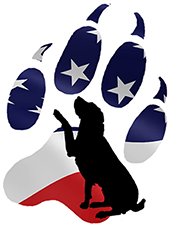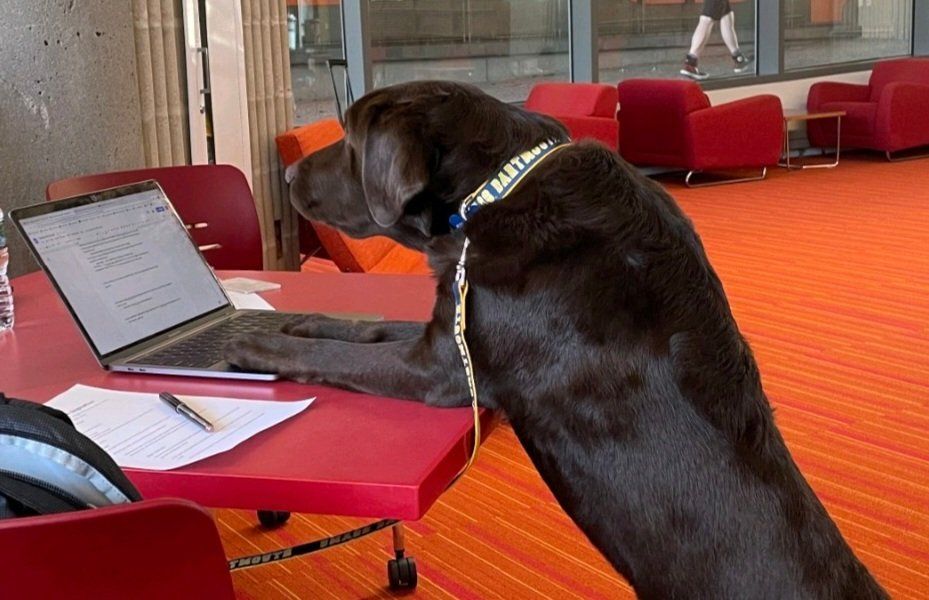A Guide for New Puppy Owners
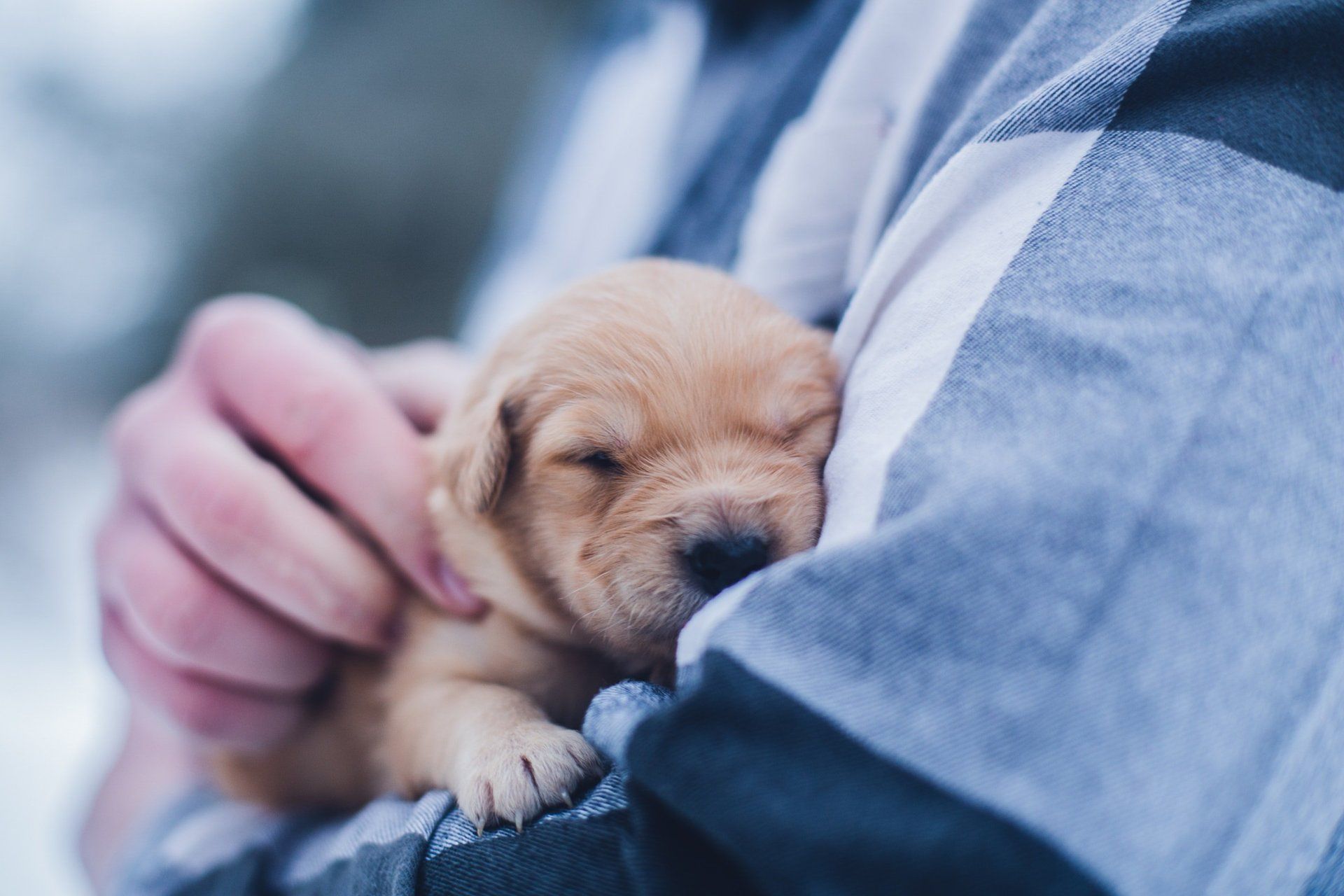
Puppies are so cute and so fun. This is a very exciting time for you, but a time that can also be filled with many questions. If you are first time puppy owner, or you just haven't had a puppy in a long time, things can be a little overwhelming. Either way, there a lot of things to consider when getting a puppy. Check out my information on Items you need , Dog Food and Treats , Dog Toys , Vaccinations , Obedience Training , and Socialization . As a note, if you have had a pup before, do not expect your new pup to be like your other pup when she was a puppy. All dogs are not created equal, even if they are the same breed or from the same parents. That would be like assuming all people with the same parents would have the same personality. It just doesn’t work that way. All dogs come with their share of behaviors and idiosyncrasies that make them unique.
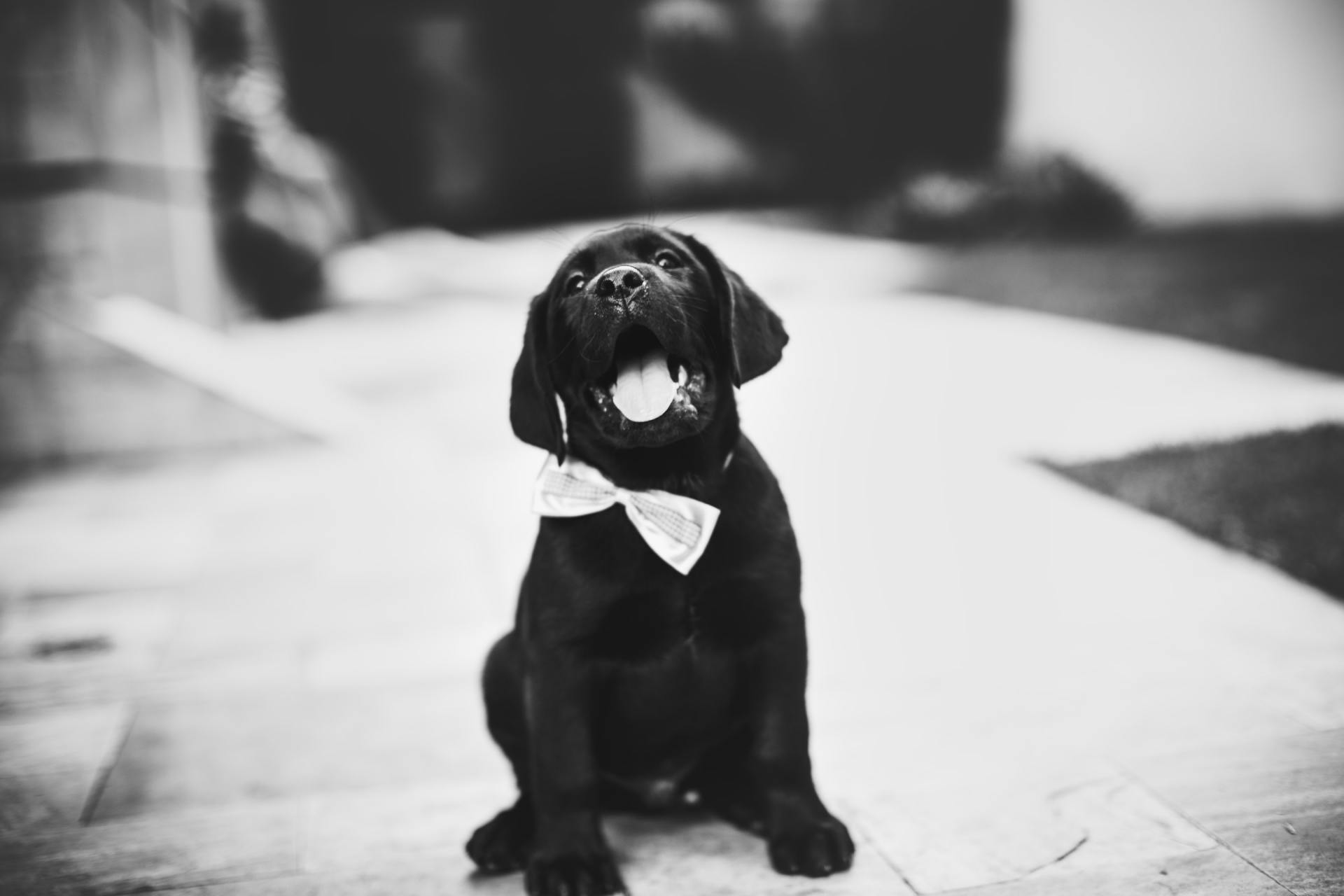
On to what things you need to buy for your new puppy. Your first walk through the pet store will be fun but also a little overwhelming. “Where do I start? What does my puppy need? I want to buy one of everything! How much will that cost???” Just start with the basics for three good reasons: You have to figure out what your puppy likes and doesn’t like; You have to figure out what is safe for your puppy; and There is a good chance other people will buy things for your pup. A quick tip on toys and bones: don’t leave all the toys and bones out all thetime for your pup. Switch them up from time to time. The same toys all the time can get boring but when you bring out new (old) toys, it can feel like theirbirthday all over again.
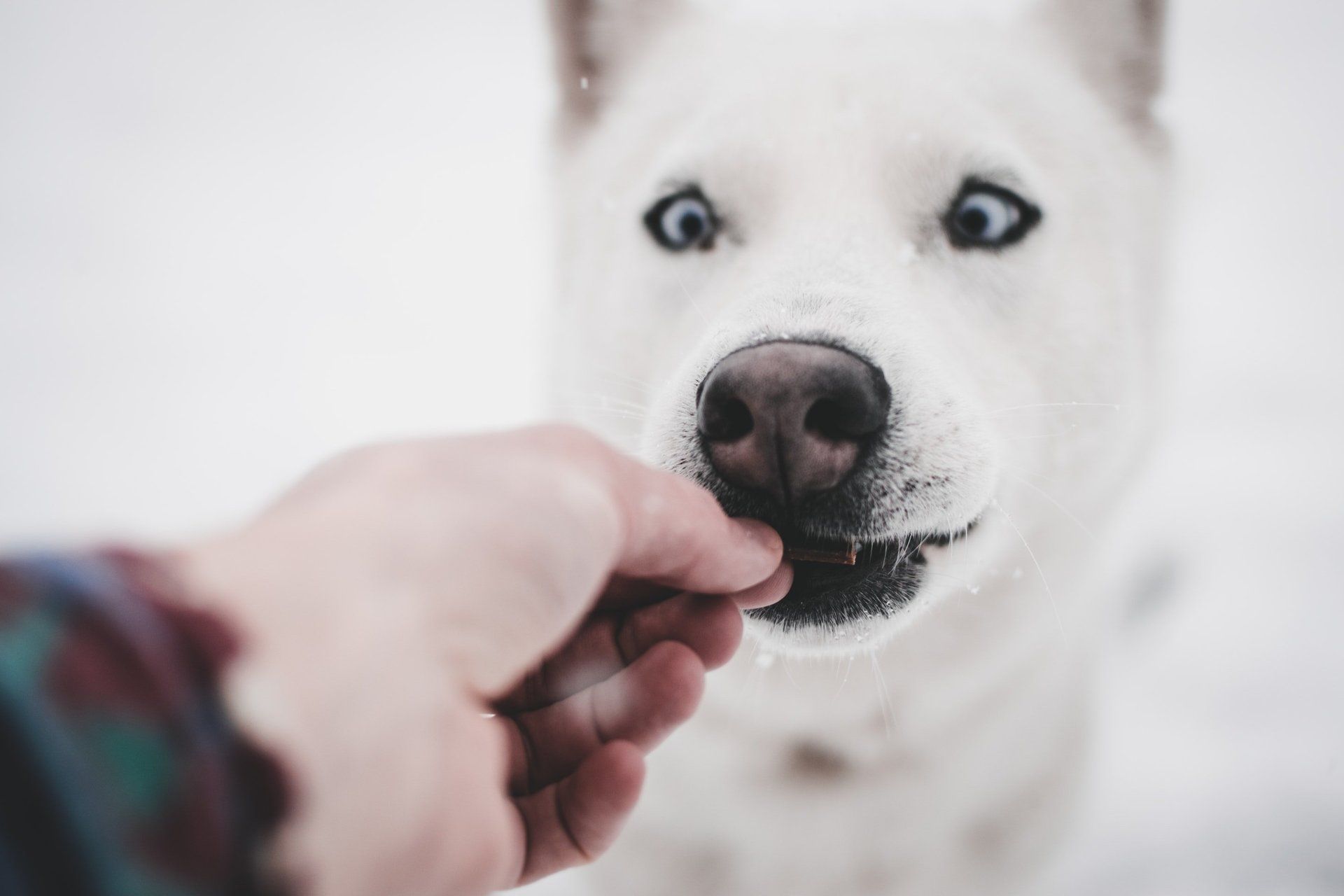
Not all dog foods are created equal. There are so many choices out there; it can be a little overwhelming. Talk to your veterinarian or a knowledgeable pet store associate about what food might be best for your pup. Some pups are more sensitive than others, so you may have to try a few different kinds before you find something that works for your pup. If you decide to change your dog’s food, make the transition slowly. Dogs have sensitive stomachs, and a rapid change could wreak havoc on their intestinal system. Pay attention to your pup’s general health . If you changed her food and she starts scratching or chewing, has dry skin, or any other new issue, contact your veterinarian as your pup might be allergic to something in her food.
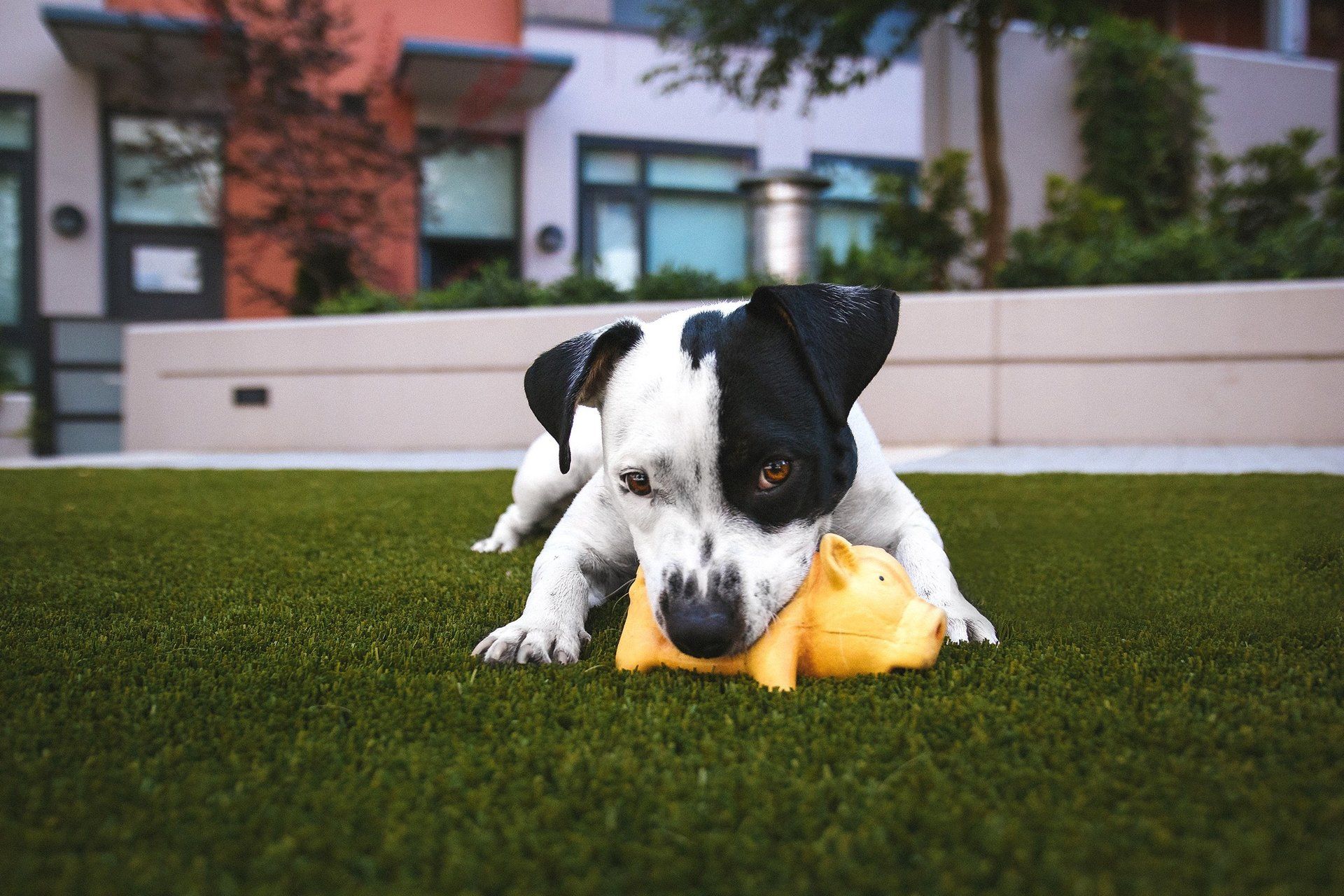
This is my favorite part. I think I have an obsession with dog toys because I can’t pass them up, especially if I am getting a good deal on them. Start off with just a few toys until you figure out what your pup likes or doesn’t like. Anytime you get your pup a new toy, they need to be supervised until you know the pup won’t chew it up and ingest it. Don’t believe it when a company states their product is indestructible. I have watched my dogs rip up some “indestructible” toys. Here are my suggestions on what toys to start with: Nylabone– They have different ones for different dog sizes and ages. Check out www.nylabone.com for pet safety and information on their products. As a note, some behavioral problems happen because dogs don’t get enough exercise so please take the time to exercise your dog both physically and mentally.
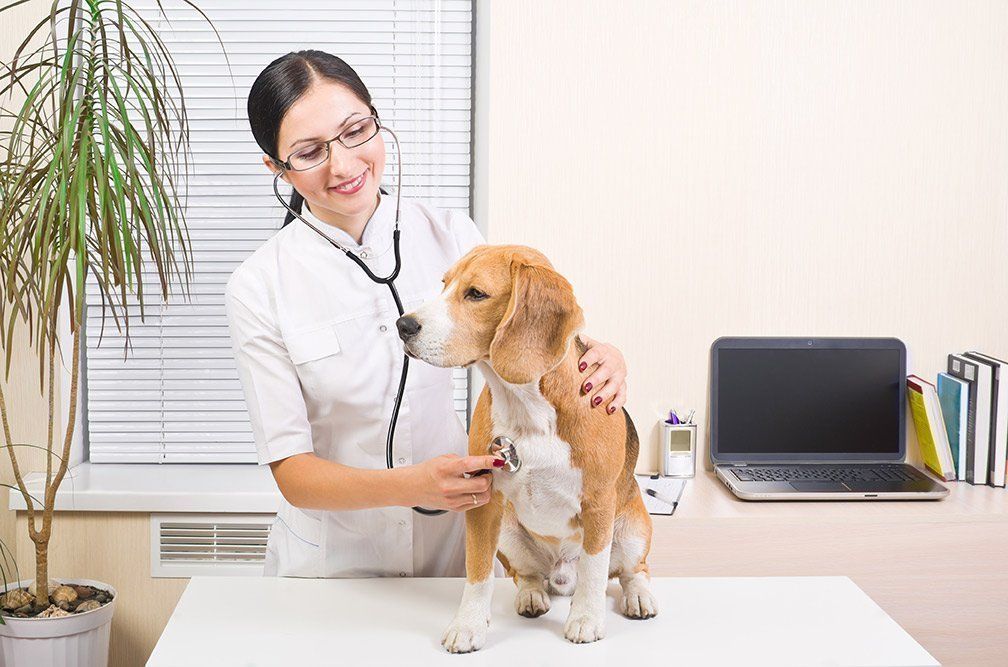
Getting your pup vaccinated is extremely important. Depending on your veterinarian, they may recommend different vaccinations or vaccination schedules. According to the AKC, here is a general guideline of the puppy vaccination schedule for the first 4 months of the pup’s life. This is a just guideline. Ask your veterinarian what is best for your puppy.
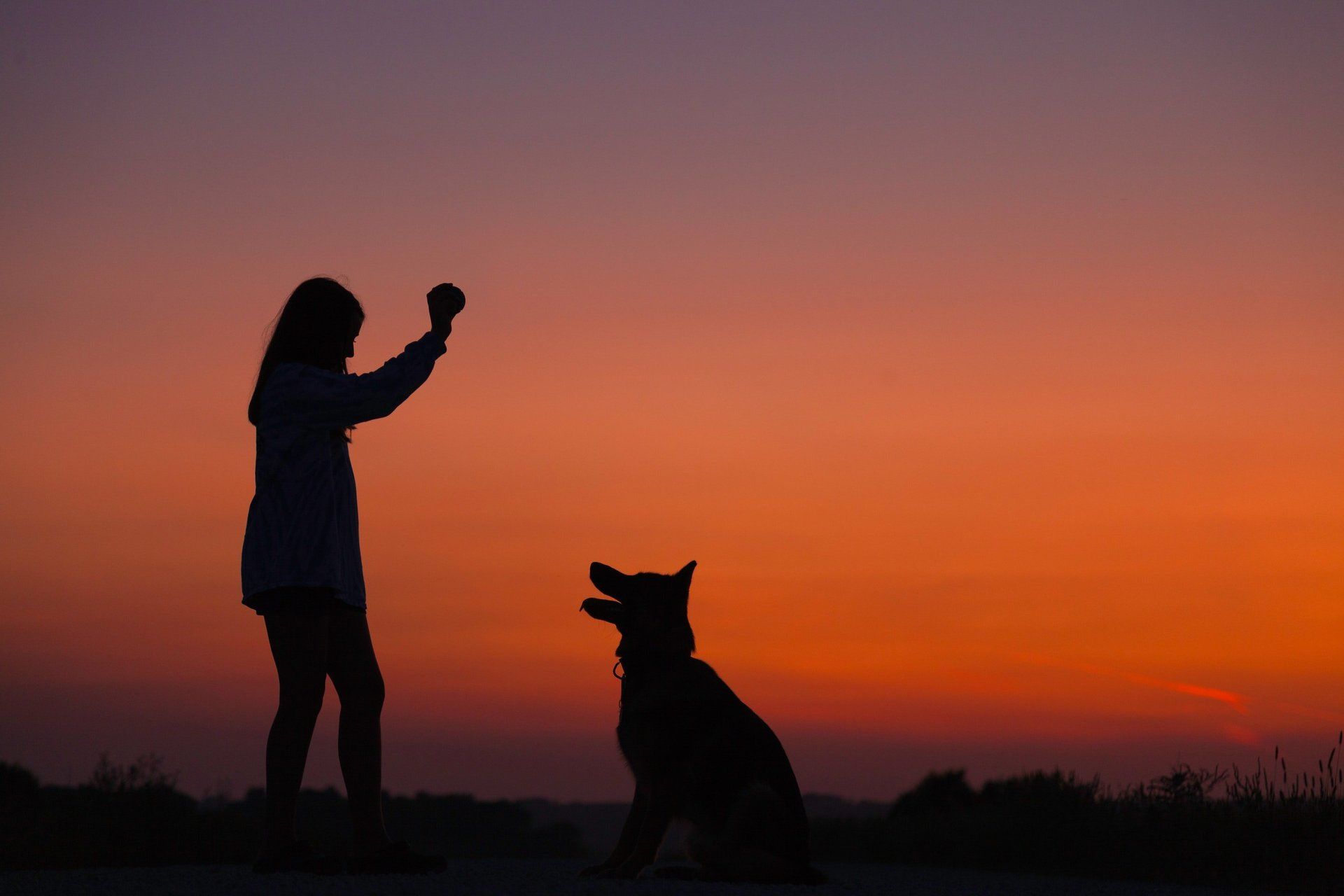
Training your pup is not an option but an obligation . Why is it so important? Dogs, like humans, are not born knowing what is acceptable behavior and what is unacceptable behavior; they have to be taught the difference. A dog that is not trained properly as a pup will end up with unwanted behaviors as they grow older. Training them early helps prevent problems from getting started in the first place! Basic obedience training can begin as early as 8 weeks.

SOCIALIZE, SOCIALIZE, SOCIALIZE! Socialization is probably one of the most overlooked part of having a dog. Having a well-socialized pup is more important than having a well-trained pup, although you can have both . By socialization, I am not only referring to your pup being around other dogs of different sizes and shapes, but also around other animals and a variety of people such as, kids, adults, those with facial hair, wearing hats, sunglasses, or hoodies, carrying handbags or wearing a backpack. Every one of these scenarios is a novel experience for your pup. The more they experience and are ok with at a younger age, the better they will be as they get older. Socialization is most important in the first 16 weeks of a puppy’s life and it will set the stage for their temperament going forward. However, they are not fully vaccinated until they are 16 weeks, therefore there is a risk of transmission of disease. The fact is, the risk of a dog dying because of infection is much less than the greater risk of a dog ending up in a shelter and being euthanized because of a behavioral problem. Training, socialization, and vaccinations should go together in a program to protect the lives of dogs and improve the relationships with other animals and people.
A Guide for New Puppy Owners

Puppies are so cute and so fun. This is a very exciting time for you, but a time that can also be filled with many questions. If you are first time puppy owner, or you just haven't had a puppy in a long time, things can be a little overwhelming. Either way, there a lot of things to consider when getting a puppy. Check out my information on Items you need , Dog Food and Treats , Dog Toys , Vaccinations , Obedience Training , and Socialization . As a note, if you have had a pup before, do not expect your new pup to be like your other pup when she was a puppy. All dogs are not created equal, even if they are the same breed or from the same parents. That would be like assuming all people with the same parents would have the same personality. It just doesn’t work that way. All dogs come with their share of behaviors and idiosyncrasies that make them unique.

On to what things you need to buy for your new puppy. Your first walk through the pet store will be fun but also a little overwhelming. “Where do I start? What does my puppy need? I want to buy one of everything! How much will that cost???” Just start with the basics for three good reasons: You have to figure out what your puppy likes and doesn’t like; You have to figure out what is safe for your puppy; and There is a good chance other people will buy things for your pup. A quick tip on toys and bones: don’t leave all the toys and bones out all thetime for your pup. Switch them up from time to time. The same toys all the time can get boring but when you bring out new (old) toys, it can feel like theirbirthday all over again.

Not all dog foods are created equal. There are so many choices out there; it can be a little overwhelming. Talk to your veterinarian or a knowledgeable pet store associate about what food might be best for your pup. Some pups are more sensitive than others, so you may have to try a few different kinds before you find something that works for your pup. If you decide to change your dog’s food, make the transition slowly. Dogs have sensitive stomachs, and a rapid change could wreak havoc on their intestinal system. Pay attention to your pup’s general health . If you changed her food and she starts scratching or chewing, has dry skin, or any other new issue, contact your veterinarian as your pup might be allergic to something in her food.

This is my favorite part. I think I have an obsession with dog toys because I can’t pass them up, especially if I am getting a good deal on them. Start off with just a few toys until you figure out what your pup likes or doesn’t like. Anytime you get your pup a new toy, they need to be supervised until you know the pup won’t chew it up and ingest it. Don’t believe it when a company states their product is indestructible. I have watched my dogs rip up some “indestructible” toys. Here are my suggestions on what toys to start with: Nylabone– They have different ones for different dog sizes and ages. Check out www.nylabone.com for pet safety and information on their products. As a note, some behavioral problems happen because dogs don’t get enough exercise so please take the time to exercise your dog both physically and mentally.

Getting your pup vaccinated is extremely important. Depending on your veterinarian, they may recommend different vaccinations or vaccination schedules. According to the AKC, here is a general guideline of the puppy vaccination schedule for the first 4 months of the pup’s life. This is a just guideline. Ask your veterinarian what is best for your puppy.

Training your pup is not an option but an obligation . Why is it so important? Dogs, like humans, are not born knowing what is acceptable behavior and what is unacceptable behavior; they have to be taught the difference. A dog that is not trained properly as a pup will end up with unwanted behaviors as they grow older. Training them early helps prevent problems from getting started in the first place! Basic obedience training can begin as early as 8 weeks.

SOCIALIZE, SOCIALIZE, SOCIALIZE! Socialization is probably one of the most overlooked part of having a dog. Having a well-socialized pup is more important than having a well-trained pup, although you can have both . By socialization, I am not only referring to your pup being around other dogs of different sizes and shapes, but also around other animals and a variety of people such as, kids, adults, those with facial hair, wearing hats, sunglasses, or hoodies, carrying handbags or wearing a backpack. Every one of these scenarios is a novel experience for your pup. The more they experience and are ok with at a younger age, the better they will be as they get older. Socialization is most important in the first 16 weeks of a puppy’s life and it will set the stage for their temperament going forward. However, they are not fully vaccinated until they are 16 weeks, therefore there is a risk of transmission of disease. The fact is, the risk of a dog dying because of infection is much less than the greater risk of a dog ending up in a shelter and being euthanized because of a behavioral problem. Training, socialization, and vaccinations should go together in a program to protect the lives of dogs and improve the relationships with other animals and people.
